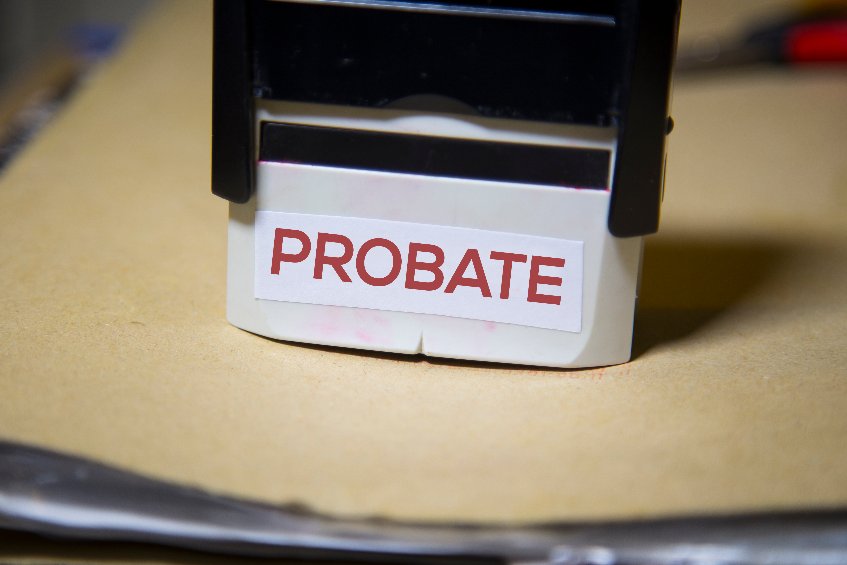Under Florida law, the custodian of a will is required to file the decedent’s original will with the clerk of court within ten days of learning about the decedent’s death. Filing the original will places the will in the custody of the court, but it does not admit the will to a probate preceding.
Probate is the legal process of transferring a decedent’s assets to living people. After someone dies in Florida, the assets and properties they own may either go to their family or to the beneficiaries named in their will if they have one. If there is no will, the decedent’s assets will be distributed pursuant to the laws of intestacy. The probate procedure can be long and costly depending on how complex the estate is and how many creditors there are. There is no requirement to probate a will under Florida law. However, the question is whether the will should be probated.
When is probating a will necessary?
Some people do not want to probate a will, especially when the decedent left behind no assets. If the estate has no assets, then there is likely no reason to go through a probate. People ask themselves why spend thousands of dollars probating an estate that will give them nothing. In this instance, the only benefit to completing a probate would be to formally close the estate of the decedent. If an estate is not closed, creditors have around two to three years to submit a claim against the estate. Generally, no one is required to pay the debts of a decedent in the event where an estate holds no assets. Even if the estate has zero assets, the creditors can file a claim which can cause unnecessary court costs and attorney’s fees.
In the situation where there are no assets in a decedent’s estate and no debt for creditors to go after, generally it could be beneficial to not file a probate and skip the procedure. The personal representative should not have to incur unnecessary costs to essentially obtain nothing.
Who decides if probate is needed?
In the decedent’s valid will, they will have named an executor, or personal representative, to the estate. The executor is responsible for carrying out the decedent’s instructions and protecting the assets. The executor is also responsible for choosing the correct probate procedure and beginning the process. They also have the option to decide whether probate is necessary and can choose to forego the process.
If you find yourself in a position where you are debating whether you should file a probate, our experienced attorneys at EPGD Business Law can help you! Our estate planning attorneys can also help you protect your assets by setting up a trust that may help to forego the probate process entirely.








